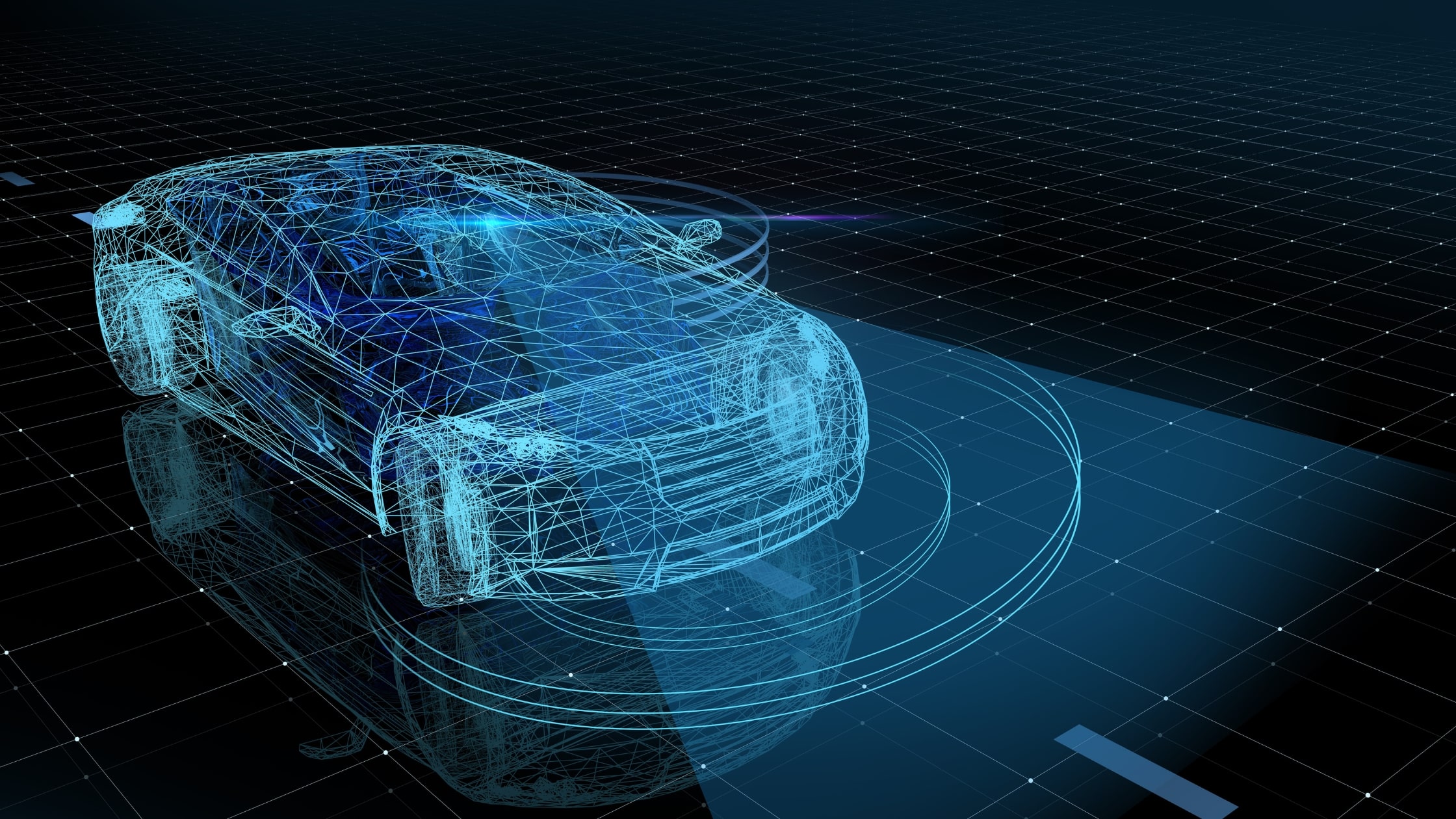The Future of Connecticut Motor Vehicle Accident Laws: Emerging Trends, Technologies & Regulations
In Connecticut, the legal landscape surrounding car accidents, including motor vehicle accidents, motorcycle accidents, truck accidents, and bicycle accidents, is continually evolving. As a dedicated accident law firm, Ventura Law is deeply committed to monitoring these changes, ensuring that we provide our Connecticut (CT) clients with the most current and practical legal advice. This blog post delves into the upcoming changes and trends in Connecticut personal injury law and how they might affect various types of accidents, from car to motorcycle and truck accidents.
Technological Integration in Vehicles
Connecticut, mirroring national trends, is witnessing a rapid increase in vehicles equipped with advanced safety technology. These technologies are pivotal in reducing driver error-related accidents, a common cause of motor vehicle accidents. However, they also pose new challenges in determining liability, particularly in car accidents where technology malfunctions. Product liability issues become central in such cases, especially when a vehicle’s safety features fail, leading to motor vehicle accidents.
Autonomous Vehicles on Connecticut Roads
The introduction of autonomous vehicles signals a significant shift in the liability landscape, particularly in car and truck accident cases. We at Ventura Law, a leading Connecticut accident law firm, are preparing for legislative updates in CT that will redefine how liability is determined in driverless car and truck accidents, moving the focus from driver negligence to product liability.
Intelligent Speed Assistance Technology
Intelligent speed assistance technology operates through different methods. One is passive speed assistance, where drivers receive alerts if they exceed the speed limit. The other method is active speed assistance, which actively inhibits drivers from going over the speed limit.
In 2021 one third of all motor vehicle accident fatalities involved speeding vehicles. Safety advocates, including the National Transportation Safety Board (NTSB), are calling for adopting new technology in cars to curb speeding. The NTSB’s meeting last month led to a groundbreaking recommendation for U.S. automakers to install intelligent speed assistance technology in all new vehicles. Federal regulators, like the National Highway Traffic Safety Administration (NHTSA), are considering mandating such technology, following the lead of European counterparts. These initiatives reflect a growing recognition of the technology’s potential to save lives. However, these systems can sometimes need clarification in complex driving environments. A warning system as an interim solution until the technology is fully developed for widespread use.
Updates to Insurance Policies and Coverage
With the evolution of vehicle technology in Connecticut, changes in insurance policies, including those covering car, motorcycle, and truck accidents, are inevitable. Residents of CT can expect new types of insurance coverage options and potential adjustments in the state’s minimum insurance requirements for motor vehicle accidents. These changes will significantly impact how damages are claimed and recovered in car accident cases.
Data Privacy and Vehicle Telematics
The increasing use of data collection and transmission in vehicles brings about new legal considerations in Connecticut. Recent laws may address privacy concerns and the usage of such data in court proceedings, particularly in car, motorcycle, and truck accident cases. This data is essential in proving liability but also raises privacy concerns.
Focus on Distracted Driving Laws
Connecticut’s commitment to combat distracted driving is set to intensify. Stricter laws and penalties, particularly regarding mobile device usage, will likely influence liability and negligence claims in car and motorcycle accidents.
Pedestrian and Cyclist Safety Initiatives
As Connecticut cities become more pedestrian- and cyclist-friendly, Ventura Law anticipates new laws to protect these road users. This will include stricter regulations for drivers, affecting how liability is determined in car accidents involving pedestrians and cyclists.
Legal Framework for E-Scooters and E-Bikes
With the growing popularity of e-scooters and e-bikes in Connecticut, we expect to see specific regulations and laws addressing these new modes of transportation. These laws will cover aspects like insurance requirements, which are crucial in personal injury law and accident claims.
Changes in Comparative Negligence Rules
Connecticut’s modified comparative negligence rule will likely adjust as the state adapts to new transportation trends. Understanding how these changes affect fault apportionment in car accidents will be crucial for anyone involved in a car accident claim in CT.
Emphasis on Road Infrastructure
Connecticut is anticipated to focus more on improving road infrastructure to enhance safety for all road users. These changes will influence the dynamics of accident claims, especially in cases involving pedestrians and cyclists.
The future of car accident laws in Connecticut is set to evolve with technological advancements and changing societal norms. As a leading accident law firm in CT, Ventura Law remains committed to staying abreast of these changes to serve our clients best. If you’re navigating the complexities of a car, motorcycle, truck, or bicycle accident claim in Connecticut, our expert team is here to provide guidance and support.



